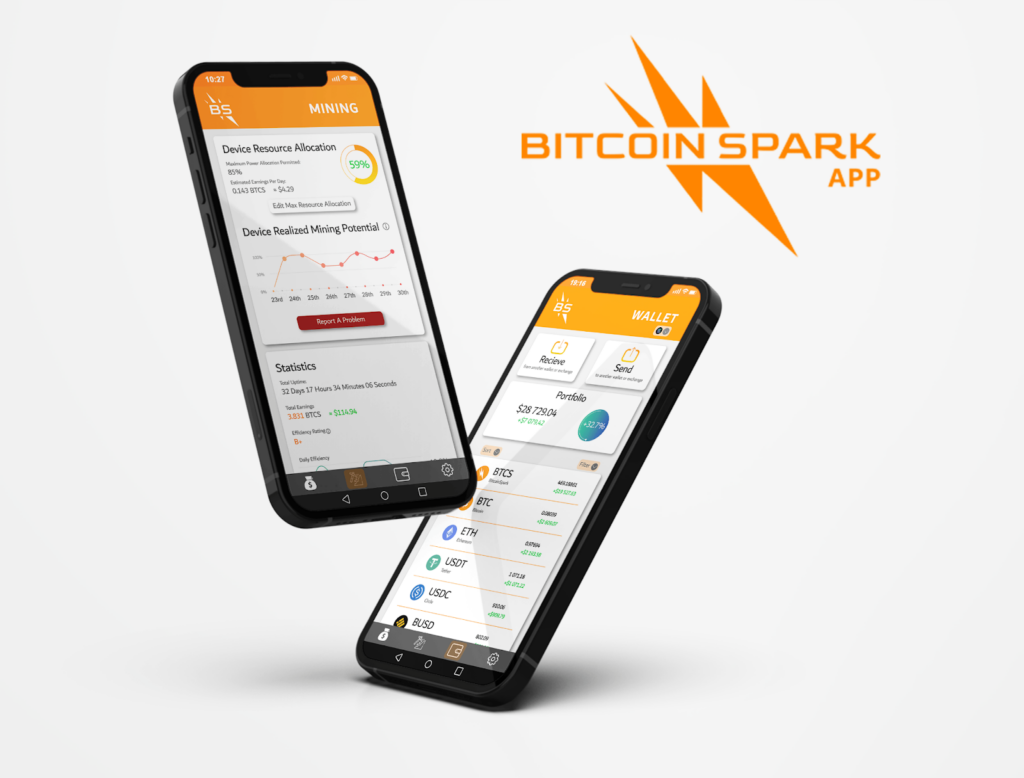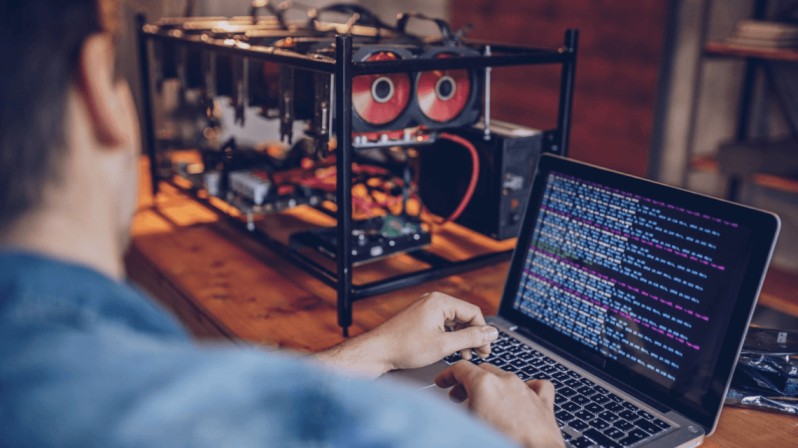Bitcoin Spark is steadily getting the attention of crypto investors and enthusiasts because of its unique approach to different aspects of blockchain technology, but more so its concept of mining. Some have suggested that Bitcoin Spark’s ecosystem is poised to rival Solana and Shiba Inu.
What is Solana?
Solana is an L1 (Layer-1) blockchain platform that aims to overcome the scalability issues that often plague other blockchain networks. It achieves this through its unique consensus mechanism called Proof-of-History (PoH), which enables the ordering and timestamping of transactions before they are included in blocks. This, combined with Proof-of-Stake (PoS), allows Solana to process thousands of transactions per second, making it one of the fastest and most efficient blockchain networks in the industry. As a result of its speed, scalability, and cost-efficiency, Solana has garnered significant attention and has become a formidable competitor in the blockchain space, attracting projects and users seeking an alternative to established networks.
Shiba Inu news
The Shiba Inu (SHIB) price recently witnessed a notable increase. The meme coin’s bullishness can be attributed to the recent Twitter revamp to X. This development has sparked optimism among community members who are hopeful that SHIB might be involved in Elon Musk’s plans. As the price of SHIB continues to consolidate along an uptrend line, investor interest remains high, and the coin’s potential role in Musk’s initiatives further fuels its growth. However, while Musk has been a long-time supporter of Shiba Inu, it’s worth noting that its potential use in X remains highly speculative.
Bitcoin Spark: Bringing a new perspective to crypto mining
Bitcoin Spark (BTCS) is a new crypto project on Ethereum that seeks to build upon the original vision of Bitcoin (BTC). BTCS has the same tokenomics as BTC, but with a longer time until the capped supply of 21 million is reached. Also, the Bitcoin Spark network includes an increased number of individual transaction capabilities per block and decreased time per block to achieve significantly improved transaction speeds. This, in addition to an increased number of nodes with a lower initial and running costs, reduces the fees associated with the network.
What sets Bitcoin Spark apart is its proprietary Proof-of-Process (PoP) consensus mechanism, which is a cross between Proof-of-Work (PoW) and Proof-of-Stake (PoS). The network “rents out” the processing power of mining devices to serve various client needs, such as large-scale video coding. Rewards for miners are calculated on a blend of their individual stake and the work done using the network as remote computing power. The Bitcoin Spark team will create a user-friendly mining software that can be installed on Windows, Mac OS, Linux, iOS, and Android. No data is stored outside of RAM, ensuring a secure and efficient process. The application also adapts the processing power usage to factors like overheating, battery life, or simultaneous usage requirements. This unique approach to mining results in relatively low work requirements and power consumption for block confirmation.

By introducing the Proof-of-Process mechanism and using it with an algorithm that inhibits linear rewards based on raw processing power or stake size, Bitcoin Spark aims to remove the barriers to entry that have made Bitcoin mining predominantly lucrative for wealthy individuals. Bitcoin Sparks creates a more egalitarian network, empowering smaller and larger participants to receive rewards more equitably. Additionally, distributing blockchain transaction finality across numerous devices and individual miners significantly enhances the network’s security by preventing any single miner from gaining excessive power.
To make the Bitcoin Spark network self-sustaining, it overlays additional revenue generation services, such as the decentralized CPU rental and advertising on the website and application. The mining rewards will be adjusted elastically based on the revenue generated, the price of Bitcoin Spark, and the number of active miners in the ecosystem. If more revenue is acquired, the rewards minting will be reduced, and the minting endpoint will move further away. And the aim is to maintain profitability for network participants while managing a limited supply of tokens.
For more information on Bitcoin Spark:
Website: https://bitcoinspark.org/




